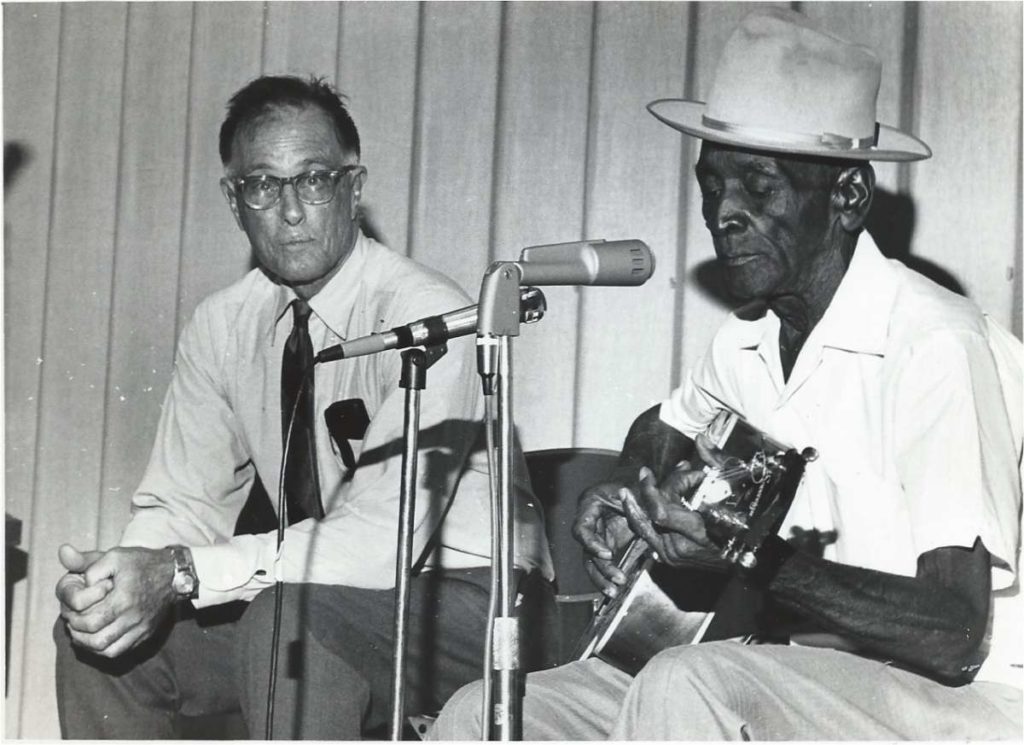Origins of the Negro Spiritual:
What is a Negro Spiritual? Negro spirituals were a genre of African American folk music created by slaves brought from Africa and used by slaves typically while working. Negro Spirituals often included Christian motifs but some were secular. Negro spirituals often spoke of salvation and freedom, and were often used by slaves to signal different things like escape, work, pain, suffering, and more.
Lomax:
John Avery Lomax was an American teacher and folk musician who lived from September 1867- January 1948. Lomax’s impact on the preservation of African American music was substantial. This journey began after the death of his wife. Lomax had four children and no money. As a suggestion, his eldest son encouraged the teacher to begin a new series of lecture tours, which led them to a life on the road. In June of 1932, Lomax proposed to the Macmillan publishing company an anthology of ballads and folk songs, with extra emphasis on the music of African Americans. He then traveled to Washington to assess the collection in the Archive of American Folk Song at the Library of Congress.
What he found was woeful. While there were already commercial phonograph recordings that were only technically “folk”, Lomax found the collection to be rather underwhelming and no where near adequate for his intentions. He deemed that resources of Winslow Gordon, the head of the archive, were lacking and arranged with the Library a contract in which they provided equipment and he would travel the country making recordings to deposit to the archive.
Of course, it is important to note that there is no American Folk Music without the contributions of African Americans. In remembering that, it is easy to see why the contents of the Archive were so incomplete and why Lomax’s work was so important. While society continually tried to erase African Americans from the narrative, Lomax used his contract to highlight the music of African Americans that influenced the genre so heavily.
Lomax’s Recordings:
Lomax set out to do his first recording in 1933 with his son Alan Lomax (Soon, Lomax’s recordings would become a family business). Following the advice of folklorists before, they set to record at prisons because they understood that the an accurate depiction of the working negro (especially those who were slaves) would be found in gangs, prison, or fleeing fugitives. This paired with the recognition that every type of song could be found in prison was the perfect incentive for Lomax to start his recordings there. When writing his grant proposal, Lomax detailed that prisoners still sing because they are their own entertainment, and that long-term prisoners who had not yet been influenced by new genres like jazz would sing authentic old Negro melodies (folk songs and Negro spirituals). Being that the Negro spirituals were often sung while working, it is not surprising to see prisoners singing them, especially when put under similar conditions.
Lomax’s recordings were very important in the preservation of African American folk music. Due to his dedication in expanding the Archive’s collection, clear recordings of authentic Negro Spirituals now exist. His recordings removed any secondary bias from the recorder, and allowed for the songs to be heard in their fullness. His recordings allow for other musicians to study the elements Negro Spirituals and folk music in a new way. His recordings were so clear and accurate, that secondary documentation was often not needed. In recording mostly in prisons, Lomax captured the true essence of a Negro work song, especially in regards to the emotion felt while doing the work. Some may think that his recordings are as close to actually hearing the original versions of Negro spirituals as one may get.
It is important that these recordings were preserved because Negro spirituals and other forms of African American folk music are the basis of so many genres of music that exist today. Having a collection that erases the history and context of Negro music is so disadvantageous because it completely erases so many years of black history and discredits African Americans of all the contributions that they have made towards music. Lomax’s work helped to reintroduce African Americans into the narrative, as well as provide authentic material to study and reintroduce the context of the work that slaves had to go through while singing such songs.



